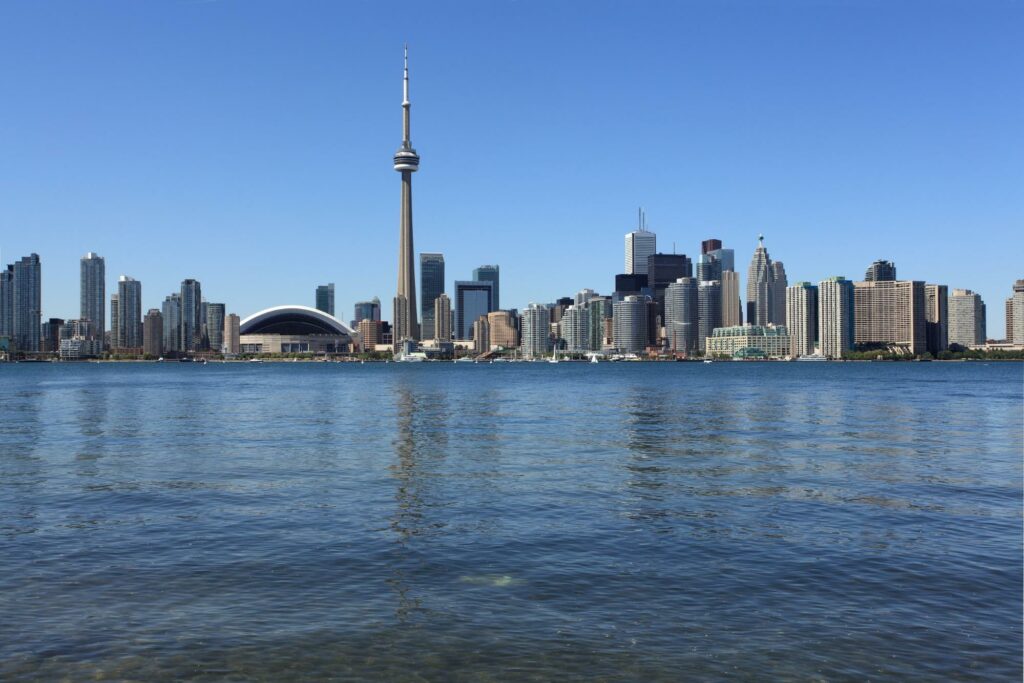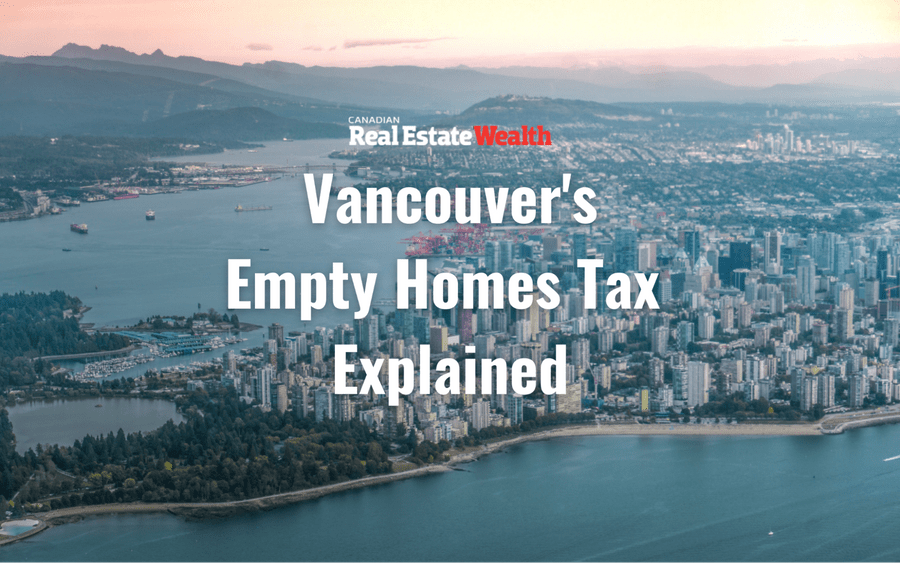The City of Toronto’s proposed tax on vacant homes has been reproached for the damage it could do to the city’s already-reeling condo market.
The even sent city councillors a letter asking that the Executive Committee defer its decision to implement an empty homes tax for at least another year, and gather more evidence that vacant units being used as appreciation vehicles are, in fact, endemic.
Moreover, Toronto’s rental vacancy rate has risen during the COVID-19 pandemic for reasons ranging from a dearth of students and new immigrants to job losses, and the tax may do more harm than good, says Lisa Patel, TRREB’s president.
“TRREB believes that all housing policy decisions, including whether or not to impose a tax on vacant homes in Toronto, should be evidence-based. As such, it is important to have a clear understanding of the intended purpose and policy objective of a municipal tax on vacant homes in Toronto. Given the current state of the Toronto rental market, the purpose of such a tax is not immediately clear at this time,” Patel said in a statement.
According to the Executive Committee’s proposal, if 1% of homes in the city aren’t being rented and sit vacant, the tax, which would take effect in 2022, will earn about $66 million in revenue.
“We simply can’t afford, from the housing supply perspective, to have housing accommodation for thousands of people sitting empty,” Toronto Mayor John Tory said in a statement. “You can live in it, you can rent it, but if it sits empty you will pay a tax that helps us build more affordable housing people can live in.”
However, according to Kalvir Grewal, a Realty Services broker, the pandemic has distorted the market by creating a lot of vacancies, and the vacancy tax could unfairly punish landlords who simply cannot find tenants, adding that the market may not bounce back by 2022.
“The real estate market is very hot for residential properties, like towns and single-family detached, but the rental market has taken a big hit and there are plenty of units available because international students and tourists are gone,” Grewal told CREW. “So how do we enforce an empty homes tax when there are so many vacancies that it could unintentionally sweep up landlords?”
That might not ultimately matter, says , broker and co-owner of Leading Edge VIP Realty, because the tax wouldn’t deter well-heeled speculators anyway.
“It’s a tax grab, for sure,” he said. “They’re probably thinking they should get in on it if it’s going to happen anyway, and they can sell it to the public as a measure to limit speculation, but at the same time it’s extra revenue.”
Neil Sharma is the Editor-In-Chief of Canadian Real Estate Wealth and Real Estate Professional. As a journalist, he has covered Canada’s housing market for the Toronto Star, Toronto Sun, National Post, and other publications, specializing in everything from market trends to mortgage and investment advice. He can be reached at neil@crewmedia.ca.









